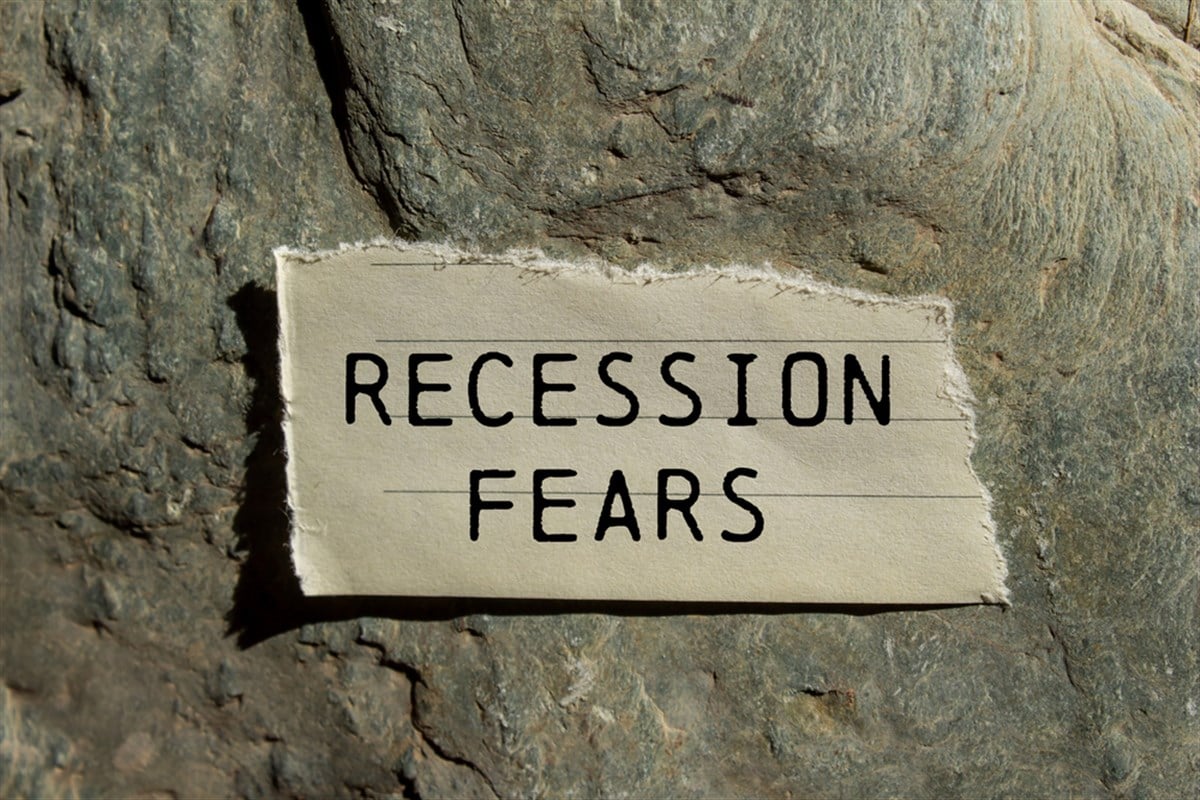
Economic signals flashing caution, headlined by a contraction in recent GDP figures and corporate warnings over tariff impacts, appear to be prompting a tactical shift among investors. As market uncertainty rises, the historically defensive consumer staples sector is drawing renewed attention, potentially signaling a broader move towards recession-resistant portfolio strategies.
Evidence of increased interest, including tentative signs of inflows into sector-focused funds earlier in the year, suggests market participants are revisiting the merits of stability. This renewed focus brings industry titans like The Coca-Cola Company (NYSE: KO), PepsiCo, Inc. (NASDAQ: PEP), and The Procter & Gamble Company (NYSE: PG) back into the frame as potential anchors within a turbulent market narrative.
Why Are Investors Eyeing Defensives?
The macroeconomic landscape presented a more challenging picture entering the second quarter of 2025. Notably, the US economy experienced its first quarterly contraction since 2022, with Gross Domestic Product (GDP) declining by 0.3% in Q1 2025.
Compounding these concerns, several multinational corporations, including staples giants PepsiCo and Coca-Cola, explicitly addressed the potential headwinds from trade tariffs in their recent financial reporting, adding another layer of uncertainty for forward-looking projections. This mixture of factors naturally fosters a more cautious investment environment.
Consequently, market observers note a potential rotation towards sectors perceived as safer harbors, with consumer staples historically fitting that description. The search for portfolio resilience appears to be underway.
Consumer Staples: Consistent Demand in Any Climate
The consumer staples sector derives its defensive reputation from a simple premise: it provides goods and services consumers need, regardless of the economic weather. Items like food, beverages, soap, and toothpaste represent essential expenditures, leading to what economists call inelastic demand. Inelastic demand is a demand that remains relatively stable even when household budgets tighten or prices fluctuate.
This contrasts sharply with cyclical sectors like consumer discretionary or technology, where spending can drop sharply during downturns. For investors, this translates into companies with potentially more predictable revenue streams and stable earnings, even during economic turbulence.
Furthermore, many established players in this sector boast long histories of returning capital to shareholders through consistent, and often growing, dividend payments, offering a potential income cushion when market gains are scarce.
Defensive Lineup: Three Consumer Staples Stocks
Examining key players' performance and financial details in the consumer staples sector provides tangible evidence of the defensive qualities discussed. These examples will give a deeper understanding of why investors are increasingly drawn to consumer staples to weather potential market volatility.
Coca-Cola: Refreshing Stability in a Volatile Market
[content-module:DividendStats|NYSE: KO]Coca-Cola demonstrates the stability sought by investors, evidenced by its approximately 16.5% year-to-date gain as of May 1, 2025, a strong showing considering the given market uncertainty. Despite a slight 0.7% year-over-year decrease in Q1 2025 revenue to $11.13 billion, the company exceeded EPS expectations at $0.73 versus the $0.71 consensus. Its defensive nature is highlighted by a low Beta of 0.45, indicating considerably lower volatility than the broader market.
As a Dividend King, Coca-Cola affirmed its status as a consistent income provider with a recently declared quarterly dividend of $0.51 per share, marking its 64th consecutive year of dividend increases. The company also conveyed assurance in its ability to handle potential tariff effects, enhancing its resilient image. Coca-Cola’s analyst community currently holds a Buy consensus rating on the stock, with the average price target implying a moderate potential for near-term growth.
PepsiCo: Headwinds Hit, But Defensive Core Remains
[content-module:DividendStats|NASDAQ: PEP]Despite recent headwinds leading to a year-to-date stock decline of approximately 11% and trading near its 52-week low, PepsiCo's underlying defensive characteristics remain. The diversified food and beverage company narrowly missed Q1 2025 EPS expectations ($1.48 vs. $1.49 estimate) and lowered its full-year earnings forecast due to anticipated tariff impacts and reduced consumer spending.
However, PepsiCo exhibits a low Beta of 0.49 and offers an attractive forward dividend yield exceeding 4.05% annually, supported by a 53-year history of consecutive dividend increases. While analysts hold a consensus Hold rating, the average price target of $160.69 suggests potential upside from the current price of around $134.
Consequently, for investors with a long-term perspective, PepsiCo presents a possible value opportunity within the defensive sector, providing yield and diversification across snack and beverage categories.
Procter & Gamble (PG): Household Essentials Meet Investor Stability
[content-module:DividendStats|NYSE: PG]Procter & Gamble is a prime example of a blue-chip defensive stock. Its portfolio of indispensable household and personal care brands, including Tide, Pampers, and Gillette, creates an inherently robust business. This stability is evident in its very low Beta of 0.43.
As a leading Dividend King, Procter & Gamble recently increased its quarterly dividend by 5% to $1.0568 per share, marking its 70th consecutive year of dividend growth and providing a yield of roughly 2.6%. Despite a slight revenue shortfall in its fiscal third quarter and a modest year-to-date stock decline of approximately 4.4%, the company surpassed EPS forecasts ($1.54 vs. $1.53 expected).
Analysts have a Moderate Buy consensus on PG, anticipating considerable upside to the average price target of $179.80 from its current price of around $160.50. For investors who value stability and dependable income, PG continues to present an attractive investment profile.
Why is Stability Back in Style?
As investors navigate a landscape marked by contracting economic growth and geopolitical uncertainties like trade tariffs, the enduring appeal of the consumer staples sector comes back into sharp focus. The inherent stability derived from selling everyday necessities, with typically lower market volatility and often reliable dividend streams, offers a compelling proposition for portfolio resilience.
While facing their own set of challenges, industry leaders like Coca-Cola, PepsiCo, and Procter & Gamble exemplify these defensive characteristics, positioning them as prominent considerations for market participants seeking to fortify their holdings against potential economic headwinds.
Where Should You Invest $1,000 Right Now?
Before you make your next trade, you'll want to hear this.
MarketBeat keeps track of Wall Street's top-rated and best performing research analysts and the stocks they recommend to their clients on a daily basis.
Our team has identified the five stocks that top analysts are quietly whispering to their clients to buy now before the broader market catches on... and none of the big name stocks were on the list.
They believe these five stocks are the five best companies for investors to buy now...






